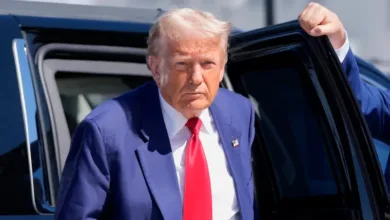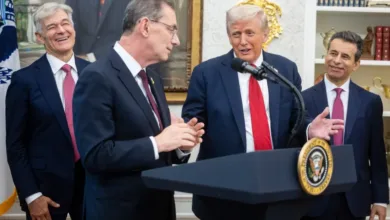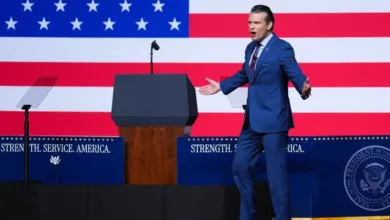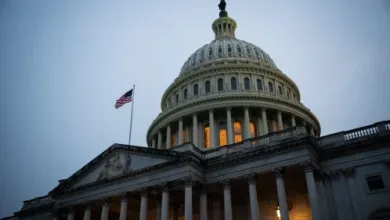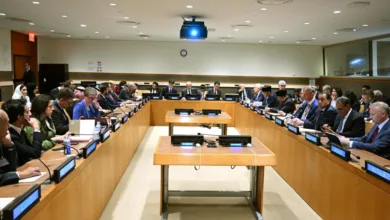Ukraine’s Security Guarantees: Between Trump’s “Three No’s” and Russia’s Demands
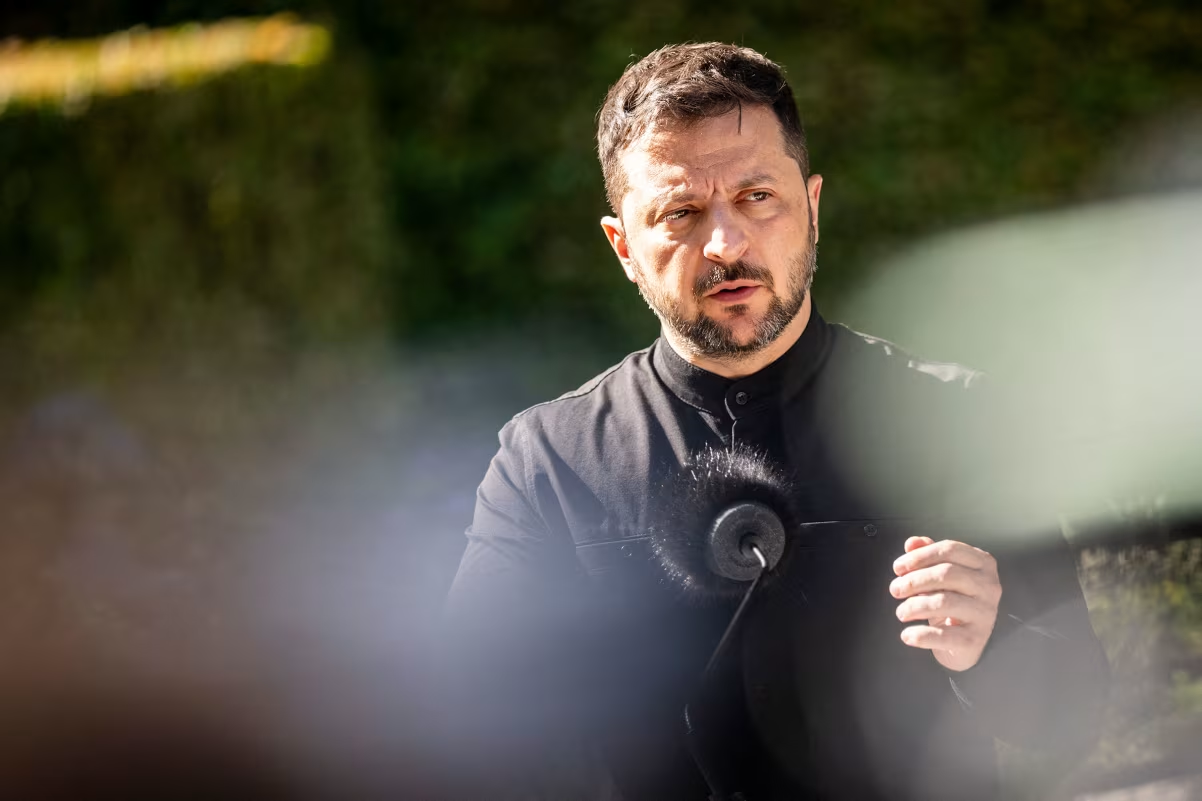
The war in Ukraine continues to unfold within a diplomatic deadlock, shaped by U.S. President Donald Trump’s firm conditions, Russia’s uncompromising stance, and Kyiv’s push for security guarantees. While Washington, Moscow, and European capitals exchange signals, Ukraine remains caught between the dream of NATO membership and the search for credible alternatives.
This debate over guarantees versus alliances is now at the heart of World politics.
Trump’s “Three No’s”
During recent talks, President Donald Trump reportedly outlined three non-negotiable red lines to his Ukrainian counterpart Volodymyr Zelenskyy:
-
No return of Crimea to Ukraine.
-
No NATO membership for Kyiv.
-
No deployment of U.S. troops on Ukrainian soil.
While these conditions set a ceiling on U.S. policy, Trump told Fox News that the coming weeks will reveal how serious Russian President Vladimir Putin is about ending the war.
Moscow’s Stance and Kyiv’s Rejection
Reports indicated that Putin proposed a trilateral meeting in Moscow involving Trump and Zelenskyy. However, the Ukrainian president rejected the offer, fearing that any Moscow-based negotiation would grant Russia an upper hand.
Meanwhile, Switzerland has offered to host peace talks, though the International Criminal Court’s warrant against Putin complicates Moscow’s diplomatic engagement.
Europe’s Balancing Act
European leaders remain divided.
-
European Council President António Costa has stressed Ukraine’s path toward EU membership as essential for peace negotiations.
-
The EU continues to use sanctions as leverage, with the U.K. and Baltic states pushing for new measures targeting Putin directly.
-
Estonia’s Prime Minister Kaja Kallas urged the bloc to finalize its next sanctions package by next month.
This balancing act reflects Europe’s split stance: broad consensus on EU integration but deep hesitation over NATO enlargement.
Searching for Security Guarantees
At the core of Kyiv’s demands lies the need for security guarantees equivalent to NATO’s Article 5, which ensures collective defense. Current proposals under discussion include:
-
A large-scale peacekeeping force of tens of thousands – powerful but costly.
-
A small symbolic European deterrent force – politically useful but untested.
-
A limited monitoring mission – focused only on reporting and oversight.
While Trump refused to commit U.S. ground troops, he signaled openness to air support for international forces. At the same time, Kyiv is considering European-financed U.S. arms purchases worth $100 billion, alongside domestic drone production programs.
The Voice from Kyiv’s Parliament
Ukrainian MP Oleksiy Honcharenko stressed that Kyiv must secure guarantees modeled after U.S. alliances with Japan and South Korea: “Ukraine deserves the right to knock on NATO’s door, but if membership is delayed, the guarantees must be strong enough to deter Russia.”
He also underlined that Ukraine’s own military strength remains its most reliable shield, while urging deeper commitments from France, the U.K., and the United States.
NATO’s Dilemma
Honcharenko admitted that NATO membership is not entirely Kyiv’s decision:
-
Some allies are supportive of Ukrainian accession.
-
Others remain reluctant, citing risks of escalation.
“The future is uncertain. No one knows what will happen in three to five years,” he noted, suggesting that shifting political dynamics within NATO may eventually change the outlook.
Ukraine’s security debate is now defined by a complex equation:
-
Trump’s “Three No’s” limiting U.S. commitments.
-
Moscow’s refusal to compromise on its strategic interests.
-
Europe’s push for EU integration but hesitation on NATO.
-
Kyiv’s insistence on solid guarantees as an alternative to immediate alliance membership.
Unless a credible system of guarantees is established, Ukraine risks remaining in a vulnerable gray zone — caught between Russia’s pressure and the West’s caution, with its future security hanging in the balance.
This delicate situation continues to dominate U.S. News and European political debates alike.
